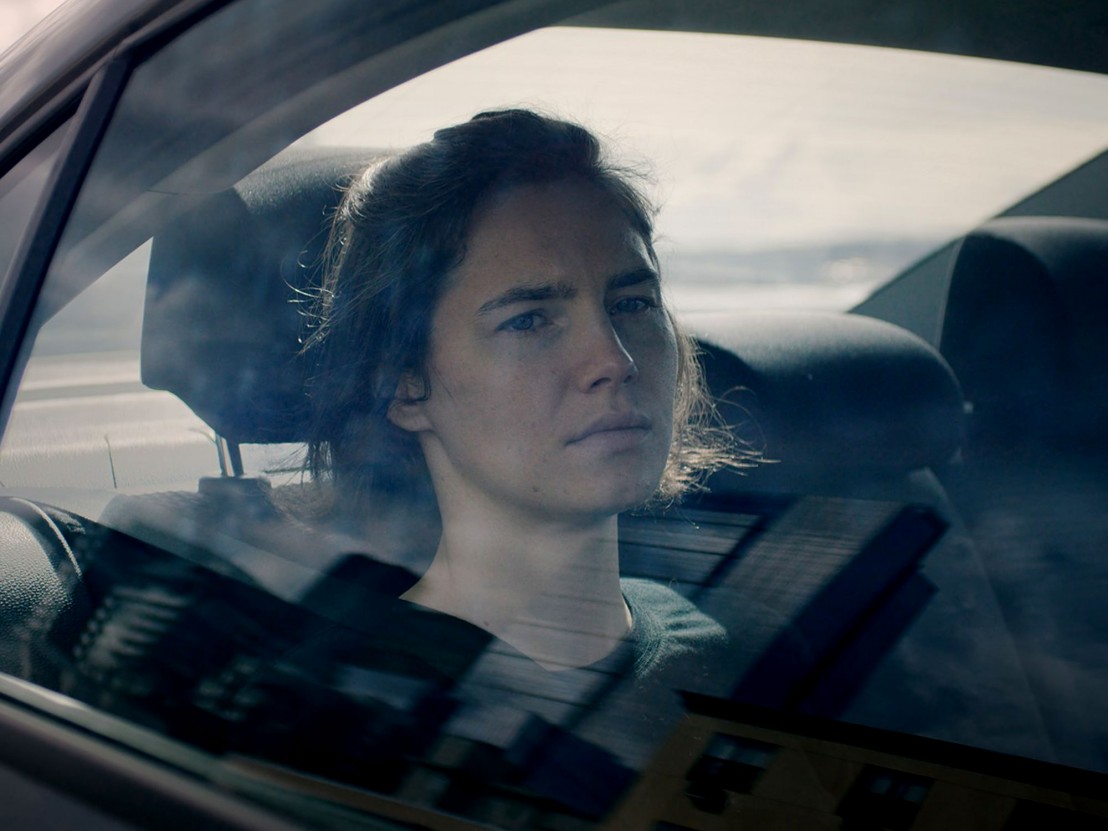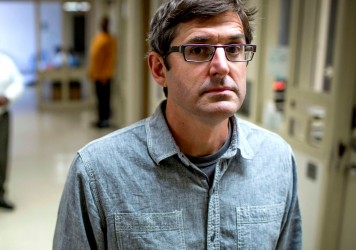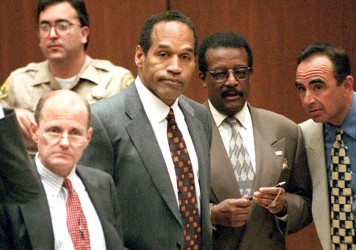
This compelling true-crime doc provides an intelligent take down of media sensationalism.
If you thought you knew everything there is to know about the gruesome case of Amanda Knox, then that’s probably the case. A new Netflix documentary, audaciously and simply titled ‘Amanda Knox’, does not purport to expose new, previously undisclosed information. Rather, beneath the film’s superficial status as a simple, factual summary of events, lies a tongue-in-cheek, cutting and ultimately chilling critique of sensationalism, selfishness and self-delusion.
To recap: in 2007, British student Meredith Kercher was found murdered in Perugia, Italy. What was at the time considered conclusive evidence pointed to her roommate, American student Amanda Knox and her new boyfriend, Italian local Raffaele Sollecito, as the culprits. The story was soon picked up by the international press, while local Italian police handled the case. Knox’s behaviour in the aftermath of the murder, along with her good looks quickly cast her to many as a cold-blooded killer in the femme fatale mould. Despite being now free and cleared of all suspicions in court, this reputation still precedes her.
This film is an odd, fascinating beast. Opening with a sequence showing Knox directly addressing the audience, it is initially straightforwardly framed as an opportunity for Knox to give her side of the story and discuss the great injustice she has experienced. Yet the fact that she would seek out the spotlight again, that she would want to be the subject of yet another film after 2014’s fictionalisation The Face of an Angel, is at best disconcerting, at worst a little disturbing.
Even more disturbing is the extreme theatricality of her address, which formed the basis of much of the suspicions against her at the time of the initial case. Interestingly, the film chooses to highlight rather than tone down the sense of performance in each of Knox’s appearances. Although supposedly crafting a defence of Knox, the filmmakers do not shy away from showing footage of her at the time of the case, including the infamous video in which she and Sollecito are seen kissing right outside the house where the body of their friend had just been found.
In numerous talking heads sequences, Knox looks into the camera gravely, or turns her head to the side to hide tears before dramatically staring back defiantly. Indeed, her dramatic intonations are so perfectly placed as to appear straight out of an episode of Law & Order. By contrast, the other interviewees are far less demonstrative, particularly Sollecito, who chooses not to underline the tragic facts with dramatic intonation or expression.
Yet as the film progresses, gradually unveiling the many miscarriages of justice carried out by the Italian police, Knox appears far less frightening than those on the other side of the law. In particular Giuliano Mignini, then prosecutor in charge of the investigation, and Nick Pisa, then journalist for The Daily Mail, appear as monstrous caricatures of themselves. Both men talk unashamedly about the joy and pride they extracted from this gruesome, horrible case. Mignini never misses an occasion to talk about his worryingly informal method of investigation, the basis of which seems to have been simply his incredibly sharp instinct. Pisa meanwhile is all pride at his having caught each juicy scoop first.
Even more troubling is their defence, which remains mind-numbingly persistent even years after Knox and Sollecito have both been absolved. Explaining away falsified newspaper stories describing Knox as a cold-blooded sex maniac, a brutal monster, or a witch, Pisa is astonishingly straight-faced in saying, “It’s not like I can say, ‘Wait a minute, I’m going to double-check that.’” Mignini, loyal to his unimpeachable instinct, still harbours doubts about Knox, who he describes as “very uninhibited” – and concludes by saying that if justice isn’t made on Earth, it will be in Heaven or in Hell.
Published 10 Sep 2016

LWLies sings the praises of one of Britain’s most intrepid and endearing film journalists.

A stunning performance by Cara Delevingne doesn’t save this ungainly examination of the Meredith Kercher murder.

Class, race and celebrity are intertwined in ESPN’s mammoth must-see documentary.